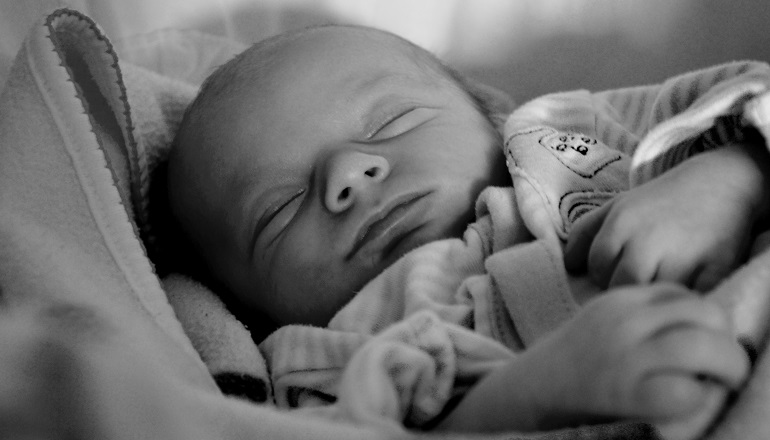Every night, an hour after she falls asleep, eighteen-month-old Ellie wakes up screaming. When her parents go to comfort her, she doesn’t seem to recognize them. She pushes them away and cannot be consoled. After 30 minutes or so of fretting, Ellie groggily takes a bottle and drifts back to sleep.
As a developmental pediatrician and sleep specialist, I often talk with parents whose children, like Ellie, wake up crying or who otherwise seem in need of comfort during the night. Night wakings are common, and they have many causes.
Sleep terrors, which was Ellie’s problem, can cause night waking. These are not nightmares. Rather, they are one of a group of behaviors, such as sleepwalking, that occur as a child makes a transition from one stage of sleep to another. These behaviors, called disorders of arousal, are very common in young children. Oddly, night terrors do not appear to be associated with specific daytime fears or past frightening experiences. And the good news is that they generally decrease in frequency and intensity until they disappear on their own.
Nightmares—frightening dreams—are another cause of night wakings. Children are most likely to have nightmares in the early morning hours, because dreams become more frequent and more intense as the night progresses. The child is usually alert and lucid after waking from a nightmare. If he has good verbal skills, he can describe scary imagery from the dream. In most cases, he can be easily consoled.
A third common cause of night wakings relates to a child’s sleep habits. Before falling asleep, we take note of our environment to make sure that it’s safe. Only then do we fully relax and drift off. If being held and rocked is a child’s cue that the environment is safe, she will expect to be held and rocked whenever it is time to go to sleep. Since children (like adults) have several episodes of waking per night, they will expect your help getting back to sleep if they cannot soothe themselves. But the way we fall asleep is a habit, and habits are learned.
Remember, children go through developmental phases, and they can change quickly. A child may need a lot of physical contact in the first few months after arrival but will become more independent later.
Consider seeing a sleep specialist in these circumstances:
- When there is persistent snoring and effort to breathe during sleep. Obstructive sleep apnea occurs in all ethnic groups.
- When a child snores and has an underlying disorder, such as cerebral palsy or a craniofacial anomaly. Obstructive sleep apnea is particularly common under these circumstances.
- When a sleeping child has unusual movements that you think may be seizures.



